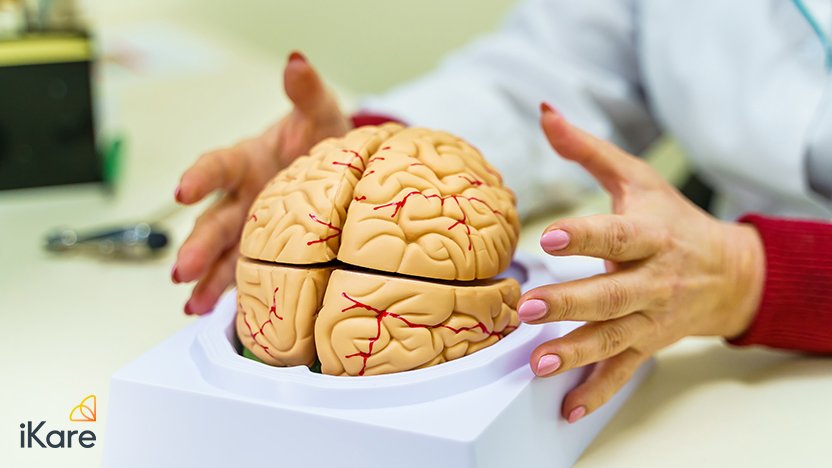
Dementia is a gradual disorder that impacts cognitive abilities, memory, and behaviour. Although it is often linked to the elderly, there is a growing recognition of young onset dementia (YOD), which refers to the diagnosis of dementia in individuals under the age of 65. Unfortunately, YOD is shrouded in several myths and misconceptions that hinder understanding and support for those affected. iKare, a leading provider of home care services in Singapore and sepcialising in Dementia Care, aims to debunk these prevailing myths associated with YOD, offering a fresh perspective and deeper understanding of the condition.
Myth #1: YOD only affects people with a family history of dementia

A common misconception surrounding YOD is the belief that it exclusively impacts individuals with a family history of dementia. While genetics can influence the development of YOD in certain cases, it is not the sole determining factor. Extensive research has revealed that various other elements, including environmental influences, lifestyle choices, head injuries, and specific medical conditions, can contribute to the onset of YOD. Recognising this broader risk profile will foster a more comprehensive understanding of the condition.
Myth #2: YOD is easier to manage than late onset dementia

Another misconception is that YOD is easier to manage than late onset dementia. In reality, YOD presents unique challenges for individuals and their caregivers. Those diagnosed with dementia at a younger age often experience disruptions in work, family life, and financial instability. The initial misdiagnosis or delayed diagnosis of YOD further compounds the difficulties faced, affecting relationships, career prospects, and overall quality of life.
To address these challenges, it is essential to recognise the complexity of YOD and provide adequate resources and support, including specialised dementia care. By doing so, we can help individuals affected by YOD to navigate through the change in behaviour such as: forgetfulness, mood swings, and memory-related difficulties, and improving their overall well-being at the same time.
Myth #3: Life goes downhill after being diagnosed with YOD
One of the most damaging myths surrounding YOD is the belief that life inevitably goes downhill after diagnosis. While receiving a diagnosis of YOD can be distressing, it is important to remember that individuals living with YOD can still lead life with meaning. For instance, with appropriate support and access to medical care, individuals with YOD can receive assistance in managing their symptoms and improving their overall well-being. Home care services, dementia therapy, and emotional support are valuable resources that can provide help in various aspects of their lives. Through utilising these interventions and resources, individuals with YOD can continue to engage in activities they enjoy, maintain social connections, and find their lost way home, metaphorically speaking, to a fulfilling life.
Learn more: 3 Reasons to Understand the Differences Between ADLs and IADLs | iKare
The myths surrounding young onset dementia (YOD) can perpetuate misconceptions, impede early detection, and restrict support for individuals and families affected by this condition. However, by dispelling these myths, we have the power to foster a society that is more compassionate and inclusive towards those living with YOD.
Looking for specialised care for young onset dementia? Discover the comprehensive support of iKare’s home care services and our specially curated Dementia Therapy Program. Our team is dedicated to providing tailored assistance, dementia therapy, and emotional support to individuals and families affected by YOD.Contact us today to learn more about how we can help with navigating the challenges of YOD with compassion and expertise.
